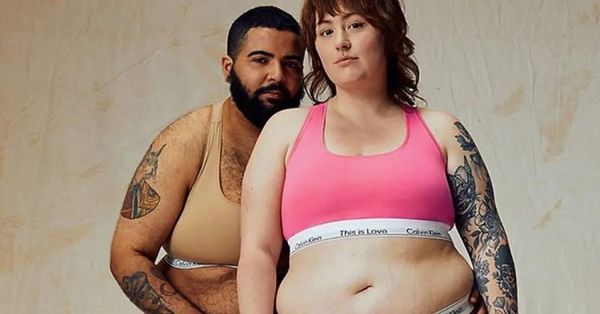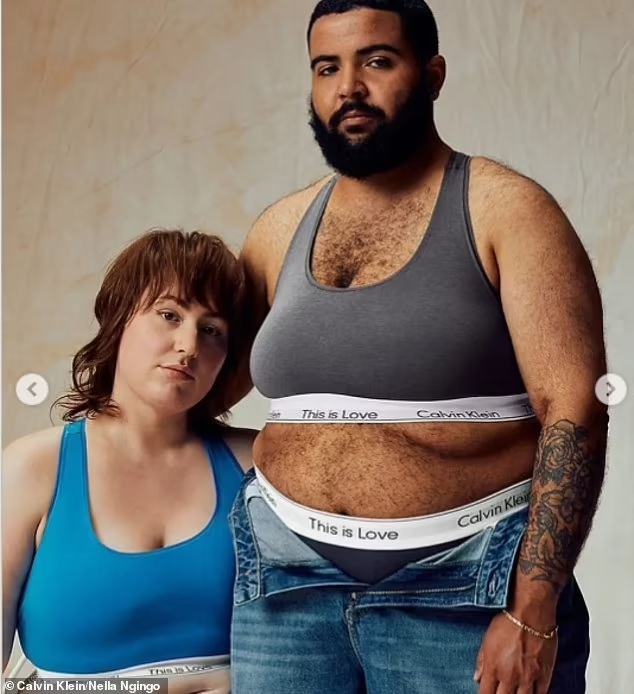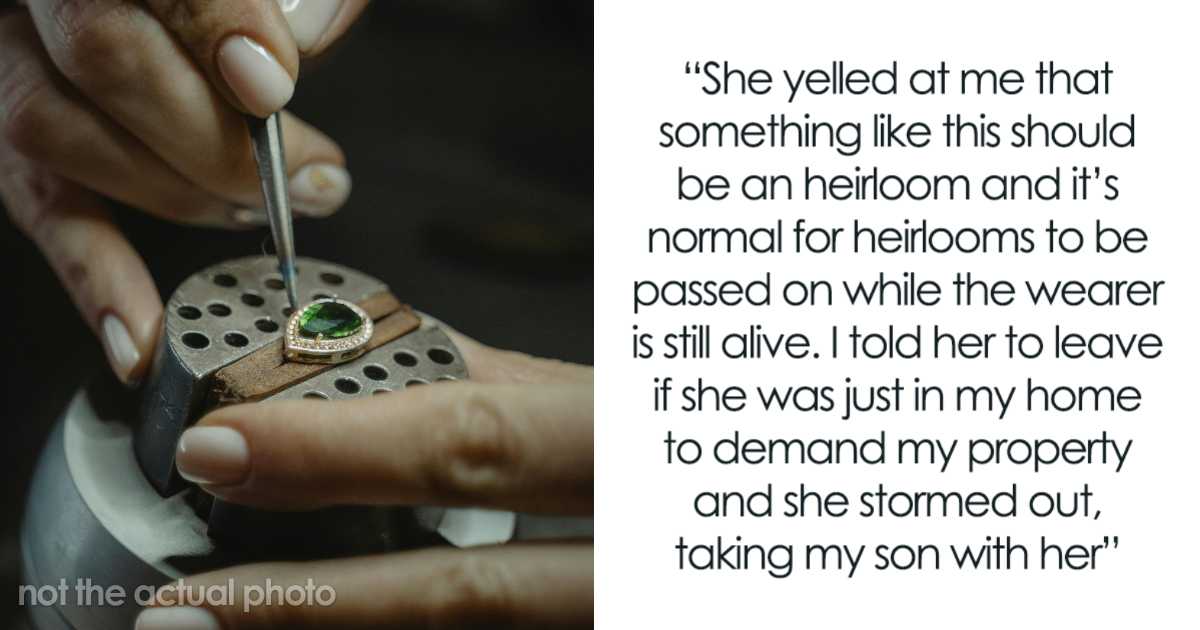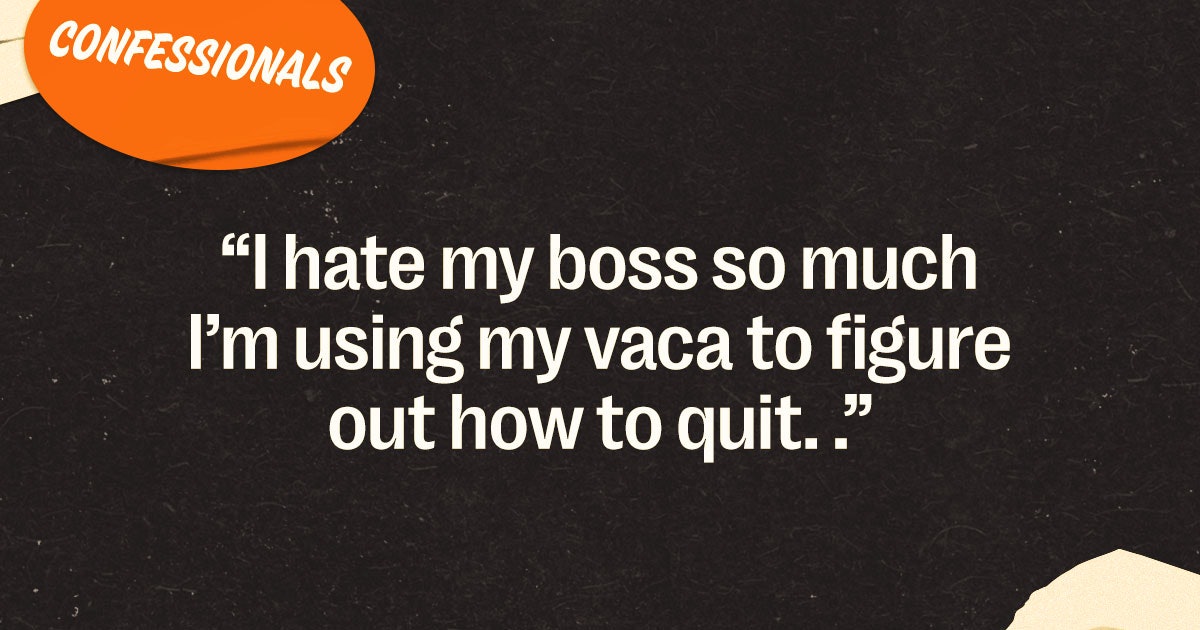
Calvin Klein, a beloved and iconic brand known for its elegant designs and timeless beauty, has once again found itself at the center of controversy. The fashion giant’s latest venture into the world of woke advertising has ignited a firestorm of criticism from conservative circles. Let’s delve into the details of this controversial campaign and explore the debate surrounding woke advertising.
In its Pride 2022 campaign, Calvin Klein featured Bappie Kortram, a trans man from the Netherlands, wearing Calvin Klein’s bra and underwear while proudly maintaining his beard and chest hair. This bold move challenged traditional sensibilities and raised eyebrows among many. Critics were quick to voice their disapproval, questioning the motive behind Calvin Klein’s audacious decision and labeling it as an abandonment of traditional ideals of beauty.

Dr. Anastasia Maria Loupis, a Danish physician, took to Twitter to express her dismay, stating, “Calvin Klein wants to go broke.” This incendiary remark was just one example of the furious response from conservative circles. However, Kortram seemed unfazed by the controversy, expressing his love and appreciation for the campaign on social media.
The campaign also sparked a larger debate about the motives and impact of woke advertising. One critic questioned the effectiveness of replacing unrealistic beauty standards with unrealistic “ugly” standards, suggesting that these campaigns may be driven by ideological motives rather than a genuine drive for inclusivity. Another critiqued the campaign as “abstract art for the fashion world,” further fueling the debate about the true purpose of such advertising endeavors.
Many wonder why major companies like Calvin Klein continue to engage in woke advertising campaigns despite the backlash they often face. Some skeptics suggest there might be an ulterior motive behind these campaigns, speculating that monetary support may be offsetting the losses incurred. It’s a question that leaves many scratching their heads and questioning whether Calvin Klein has lost sight of its original mission.
Critics argue that this campaign does little to promote genuine progressivism. They point out that featuring overweight individuals, which they consider a lifestyle choice and unhealthy, does not equate to fighting oppression. Consistently featuring women and people of color in previous campaigns has already been part of Calvin Klein’s inclusive efforts. They believe that merely existing, especially in an unhealthy manner, should not be celebrated or rewarded.
This is not the first time Calvin Klein has ventured into the realm of woke advertising. Their 2022 Mother’s Day campaign, featuring a pregnant woman who claimed to be a man, also received backlash for challenging traditional family values. Calvin Klein responded to the criticism, emphasizing their commitment to an inclusive and respectful environment for individualism and self-expression.

In conclusion, Calvin Klein’s recent foray into woke advertising has ignited a fierce debate about the limits of political correctness and whether the brand has strayed too far from its roots. While the fashion industry continues to evolve, it is essential to consider both sides of the woke advertising debate and the impact it has on brands and consumers alike. As the controversy rages on, one thing is clear: Calvin Klein’s latest campaign has sparked a firestorm of criticism, leaving many questioning the future direction of the brand.






